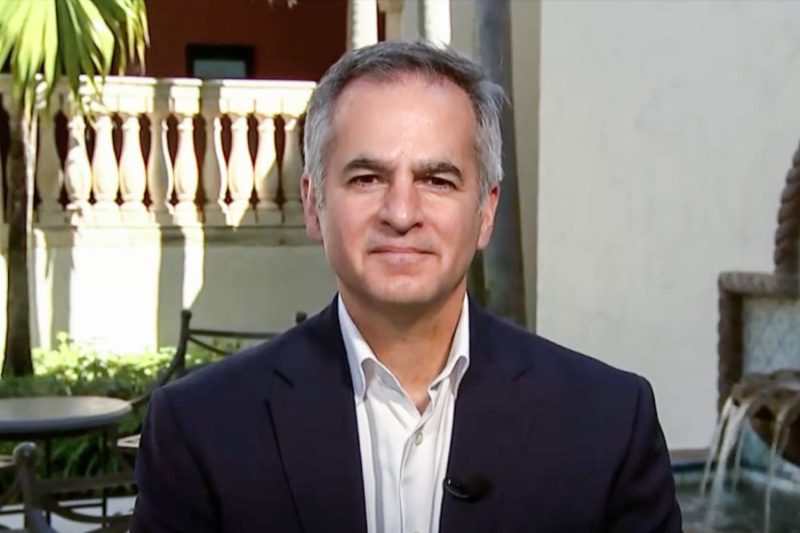Kellogg CEO Faces Backlash for Suggesting People Eat Cereal for Dinner to Save Money
The recent suggestion made by Kellogg CEO, Steven Cahillane, advising people to consider having cereal for dinner to save money has sparked controversy and backlash from the public. This statement came as a response to the increasing concerns over rising food prices and economic instability in households across the country. While the intention might have been to provide a supposedly cost-effective solution, the suggestion has been met with mixed reactions.
On one hand, some individuals have supported Cahillane’s idea, viewing it as a practical and budget-friendly tip for families struggling to make ends meet. Cereal is generally an inexpensive food option that can provide necessary nutrients and energy at a lower cost compared to traditional dinner meals. For many, the idea of rethinking mealtimes and adapting to a more frugal approach is seen as a creative way to manage the financial strain brought about by economic challenges.
However, the suggestion has attracted significant criticism and backlash from various quarters. Some people have expressed discontent with the notion of consuming cereal as a dinner substitute, citing concerns about nutritional value, dietary balance, and overall health implications. While cereal can offer certain nutrients, it may lack the essential elements needed for a balanced and complete meal. Relying on cereal as a primary dinner choice could potentially lead to deficiencies in vital nutrients and compromise overall health and well-being.
In addition to health concerns, critics have pointed out the inherent privilege and disconnect in the CEO’s recommendation. For many individuals and families facing financial difficulties, the option of choosing what to eat for dinner is not a matter of preference but a necessity driven by budget constraints. The suggestion to opt for cereal as a cost-saving measure overlooks the complex realities of food insecurity and affordability issues that numerous households are currently grappling with.
Furthermore, the backlash against Cahillane’s statement has underscored broader societal issues related to income inequality, access to affordable and nutritious food, and corporate responsibility. The comments made by the Kellogg CEO have highlighted the disparities in perspectives between corporate executives and everyday consumers, exposing the disparities in privilege and understanding of economic hardships.
In conclusion, the controversy surrounding the suggestion to eat cereal for dinner as a money-saving strategy reflects the complexities of navigating economic challenges and food insecurity in today’s society. While the idea may hold merit in terms of cost-effectiveness, it also raises important questions about nutrition, health, privilege, and social responsibility. As discussions around affordable food options and financial management continue, it is crucial for individuals, corporations, and policymakers to consider the diverse needs and realities of vulnerable populations to ensure equitable access to essential resources.
